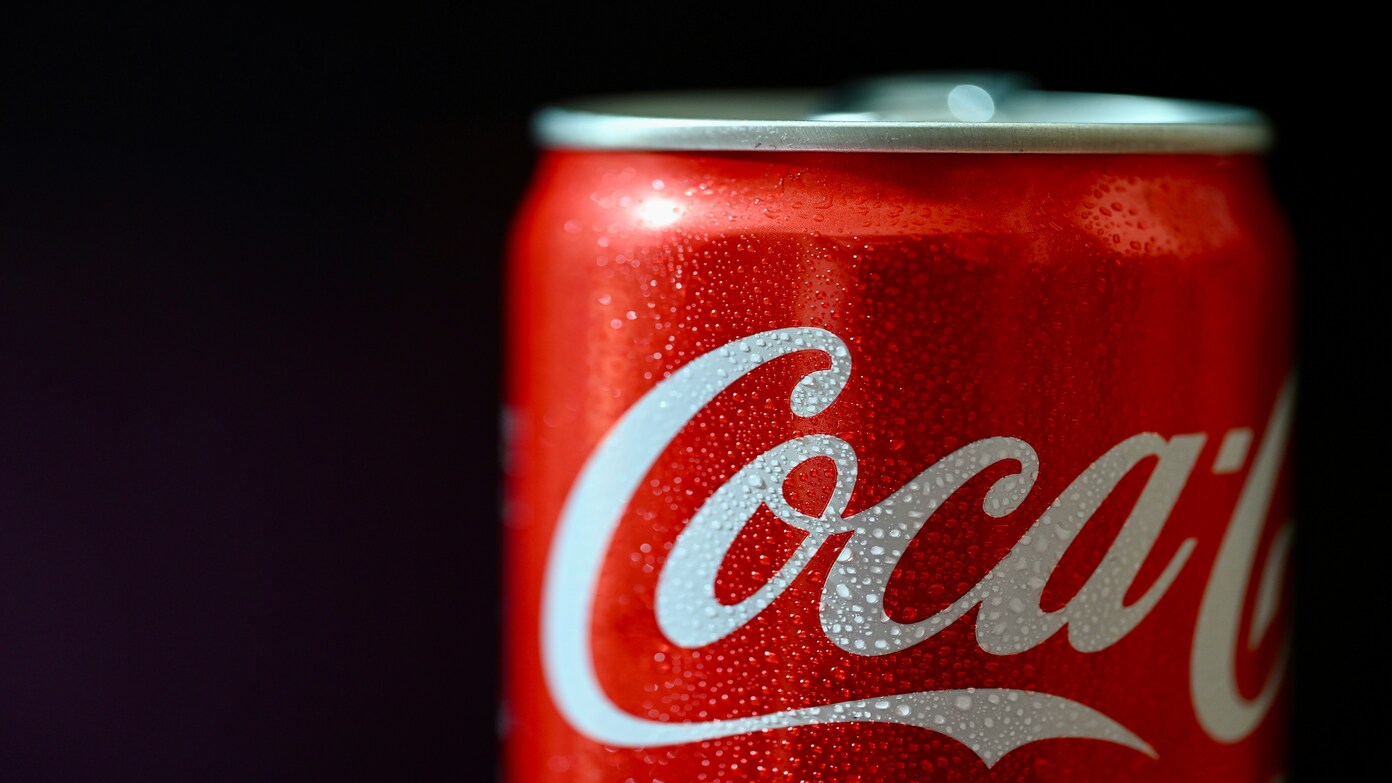Coca-Cola is in trouble—this time not over a new flavor of soda, but for supposedly deceptive marketing of one of its best-selling sports drinks: Powerade.
A New York woman named Natasha Lekwa has filed a class action complaint in which she charges that the flashy label on Powerade Mountain Berry Blast packaging—”50% more electrolytes”—isn’t all it’s cracked up to be. She claims that such a claim is more creative marketing than medical health science.
What’s the problem?
The blue giant label of Powerade confidently promotes that it has 50% more electrolytes than leading sports drinks. If you’re picturing a turbocharged shot of hydration, think again. Lekwa says the amount of added electrolytes like sodium and potassium is so minute that it doesn’t count.
The suit argues that Coca-Cola is giving consumers the impression this drink is healthier for exercise, illness, or hot weather. But the label fails to back it up with the actual numbers required under food labeling laws, Lekwa says.
Her demand? A full-fledged jury trial, new product labels, and monetary and punitive damages. Yes, she’s not just asking for refunds—she wants Coca-Cola to pay and change.
Why should you care?
Let’s face it—when we reach a sports drink, we don’t always just take the taste. We feel like we want to grab something that’s healthy for our body. That’s why words like “50% more electrolytes” make a difference. It looks healthier, better, and well worth the money.
When corporate entities can mislead on these things without anything being done to correct them, then why can’t anyone else?
This isn’t about one bottle of Powerade—it’s about trust. When companies attempt to twist the truth on packaging, consumers lose money, but they also lose something more valuable: good decisions.
Coca-cola’s history
This isn’t the first controversy Coca-Cola has been caught up in. From its position as a top producer of plastic waste to past troubles with sugar and marketing, the soda giant has had its fair share of backlash.
Fair enough. Coca-Cola has tried to go greener, too. Its largest U.S. bottle maker recycled nearly a billion plastic bottles in the past year. But that’s still not acceptable, critics say—especially when the label and package continue to leave a bad taste.
What could happen next?
The Powerade lawsuit is just beginning, but it might inspire Coca-Cola—and the rest of the beverage industry—to think twice before making claims about health without actual proof. Regulators might also begin cracking down on wellness and electrolyte advertising.
Imagine this: a world in which “more electrolytes” means something tangible. That might be a win for all of us who try to stay healthy (or just survive leg day).
Read this later:
Last gulp
So, is Powerade providing the hydration edge it promises? Or are we simply consuming fine commercial copy? A jury might be the final arbiter of that. Meanwhile, read the package—and possibly the fine print as well.

